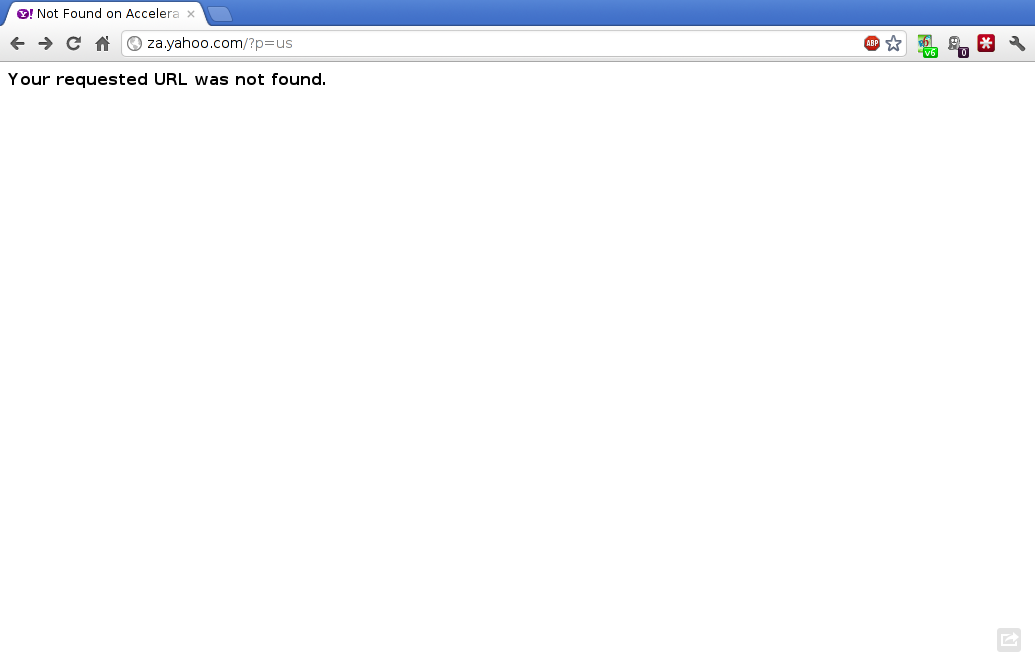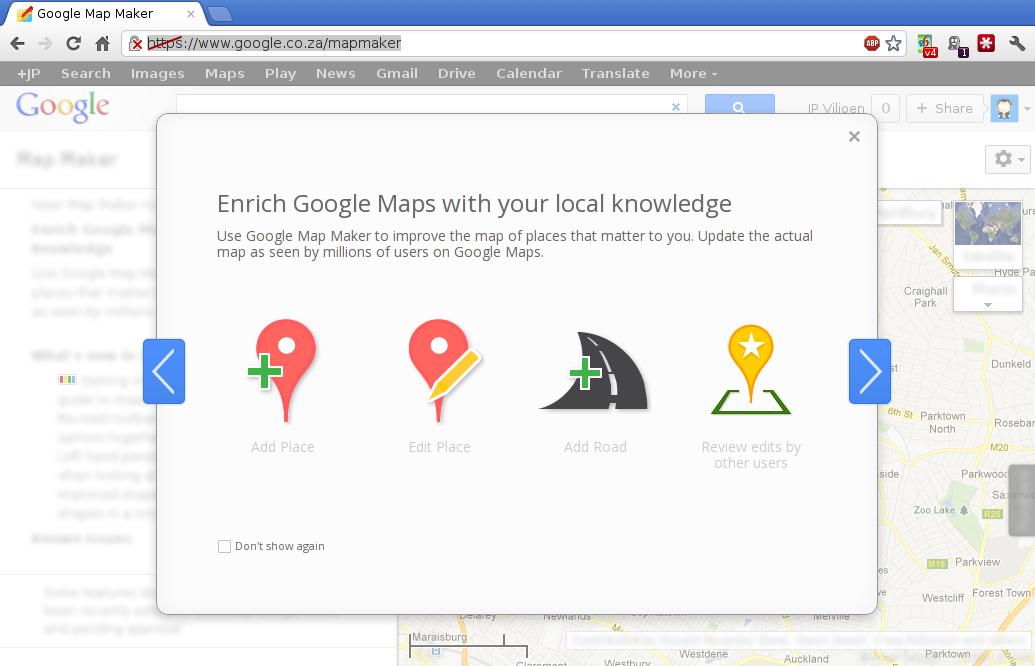Most people who run bigger sorts of servers are probably familiar with OOB management systems, but for those who aren’t here’s a short summary: you pay a little bit more when you buy your server, and you get a fantastical tool (vendors, please, get this stuff to fit the modern age. It’s not like we don’t want to use them) to use with your server. Power control, hardware status info, (usually) full IP KVM, etc. HP, Dell, Supermicro, Cisco UCS all have this in their own respective flavours.
That’s just to set the tone for what follows. So let’s pretend you live in .za, and you have crappy upstream bandwidth from your home. This would make things like firing up the HP SmartStart ISO on your hardware pretty painful, because uploading all that data takes forever. So what do we do?
We download it to another box on the same network and load up the image via a “hidden” section of iLO that allows us to mount images from an HTTP source, of course:
</>hpiLO-> show
status=0
status_tag=COMMAND COMPLETED
/
Targets
system1
map1
Properties
Verbs
cd version exit show
</>hpiLO-> cd /map1/oemhp_vm/cddr
status=0
status_tag=COMMAND COMPLETED
/map1/oemhp_vm/cddr
</map1/oemhp_vm/cddr>hpiLO-> show
status=0
status_tag=COMMAND COMPLETED
/map1/oemhp_vm/cddr
Targets
Properties
oemhp_image=None
oemhp_connect=No
oemhp_boot=No_Boot
oemhp_wp=No
oemhp_applet_connected=No
Verbs
cd version exit show
</map1/oemhp_vm/cddr>hpiLO-> set oemhp_image=http://192.0.2.1/helpstuff/<ISO_Name_Here.iso>
status=0
status_tag=COMMAND COMPLETED
</map1/oemhp_vm/cddr>hpiLO-> set oemhp_boot=Connect
status=0
status_tag=COMMAND COMPLETED
</map1/oemhp_vm/cddr>hpiLO-> show
status=0
status_tag=COMMAND COMPLETED
/map1/oemhp_vm/cddr
Targets
Properties
oemhp_image=http://192.0.2.1/helpstuff/<ISO_Name_Here.iso>
oemhp_connect=Yes
oemhp_boot=Always
oemhp_wp=Yes
oemhp_applet_connected=No
Verbs
cd version exit show
So, in summary:
We cd to the path that contains cddr (which is the virtual disc path). A note on this, the vm path might sometimes be oemhp_vm1. Do a show under /map if you can’t find the thing.
Then we set oemhp_image and oemhp_boot to values useful for booting.
Now we reboot.
After you’re done with stuff, just set oemhp_boot to Never, and it’ll disconnect stuff.
I didn’t check whether this worked for iLO3 as well, but I’d guess it’s relatively similar. Been a few months since I even looked at an iLO3 system. Here’s the command ref doc for iLO2 if you want to dig around for some more cool stuff.

